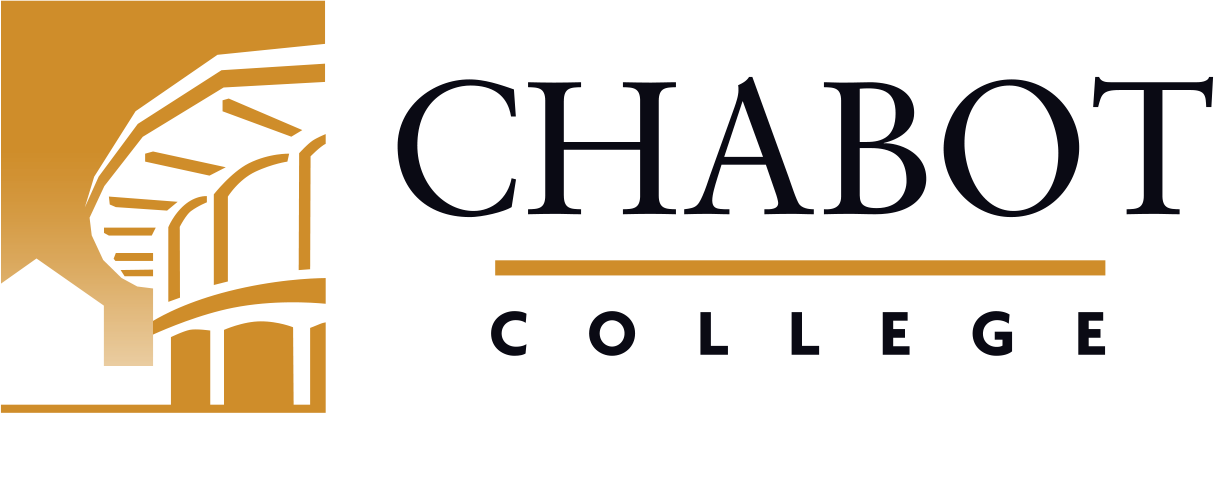
Course Outline for Art 3B
Figure and Composition II
Effective: Fall 2022
SLO Rev: 11/08/2021
SLO Rev: 11/08/2021
Catalog Description:
ART 3B - Figure and Composition II
3.00 Units
Continued development of knowledge and skills introduced in Figure and Composition I. Emphasis on color and conceptual themes in the drawing of the human form. Students will practice and create compositions using a live model.
Prerequisite: ART 3A.
1002.10 - Painting and Drawing
Optional
| Type | Units | Inside of Class Hours | Outside of Class Hours | Total Student Learning Hours |
|---|---|---|---|---|
| Lecture | 2.00 | 36.00 | 72.00 | 108.00 |
| Laboratory | 1.00 | 72.00 | 0.00 | 72.00 |
| Total | 3.00 | 108.00 | 72.00 | 180.00 |
Measurable Objectives:
Upon completion of this course, the student should be able to:
- use color in figurative drawings and compositions;
- create observational drawings from the live figure model that show an advancing knowledge of anatomy and structure of the human body;
- develop drawings that show an advancing knowledge of proportion, sighting, measurement, foreshortening, structural and planar analysis of the figure;
- develop individual expressive content through manipulation of line, form, value, composition posture, and anatomical proportions;
- evaluate and critique class projects using relevant terminology in oral or written formats;
- use major historical, contemporary, and critical trends in figure drawing as an influence in creating original work.
Course Content:
Course Content (lecture):
- Color Theory
- Color application related to the figure
- Color application related to figurative compositions
- Instruction, lectures, and discussions on observational drawing from the live figure model in a wide range of drawing media that demonstrate successful development, application, and understanding of:
- Anatomy and structure of the human body
- Proportion, sighting, measurement, and foreshortening
- Gesture drawing and massing of form
- Uses of line and value in describing the human figure
- Application of the concept of volume and space to the human figure
- Structural and planar analysis of the figure,
- Development of composition using the human figure
- Study and analysis of the major trends in figure drawing
- historical
- contemporary
- critical trends
- Drawing from the live model using
- contour,
- gesture,
- modeling,
- line expression
- line depth
- Sustained study and use of different color mediums such as pastel and watercolors
Course content (studio):
- Apply instruction on Color Theory to studio work
- Apply instruction on Color application related to the figure to studio work
- Apply Color application related to figurative compositions to studio work
- Observational drawings from anatomical models employing a foundational principles and practices of:
- sighting and measurement
- proportional studies
- contour and gesture
- descriptive value
- development of volume.
- Creation of drawing inspired by major trends in figure drawing
- historical
- contemporary
- critical trends
- Apply sustained study and use of different color mediums such as pastel and watercolors to studio work
Methods of Instruction:
- Distance Education
- Portfolio Development
- Studio
- One-on-one coaching
- Group and individual critiques
- Lectures, discussions and demonstrations
- Observation and drawing of the model through individual presentation
Assignments and Methods of Evaluating Student Progress:
- Create a drawing exploring the use of the figure in contemporary media and its definition of beauty in the human form.
- Using color, create a drawing with three or more figures showing motion. Compositions studies should reference historical and contemporary use of the figure.
- Class Work
- Projects
- Portfolios
- Critique
- Lab Activities
Upon the completion of this course, the student should be able to:
- develop individual expressive content using the figure.
- create observational drawings from the live figure model that demonstrate an advancing knowledge of anatomy and structure of the human body;
- draw the human form accurately in color;
Textbooks (Typical):
- Goldstein, Nathan. (2021). Anatomy for Artists: A visual guide to the human form 3DTotal Publishing.
- paper
- paints
- conte crayon
- pastels
- other color mediums
Abbreviated Class Schedule Description:
Continued development of knowledge and skills introduced in Figure and Composition I. Emphasis on color and conceptual themes in the drawing of the human form. Live model drawing.
Prerequisite: ART 3A.